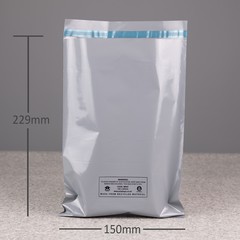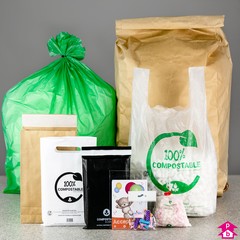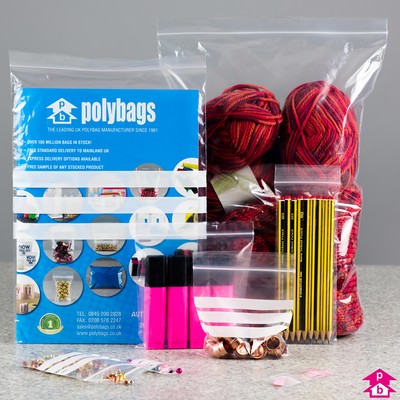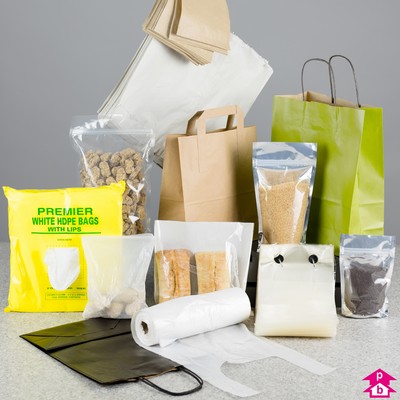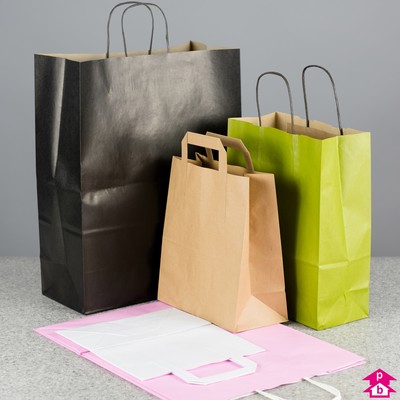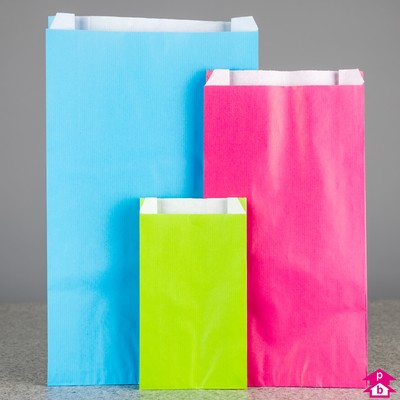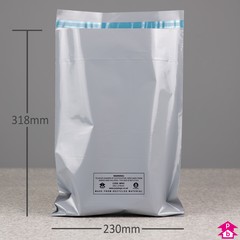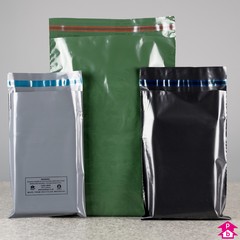150mm wide x 229mm length, 55 micron thickness. (Large Letter).
From £10.82 per 200
- 100% recycled
- Biodegradable
- Carbon neutral
- Compostable
- Recyclable
- Renewable
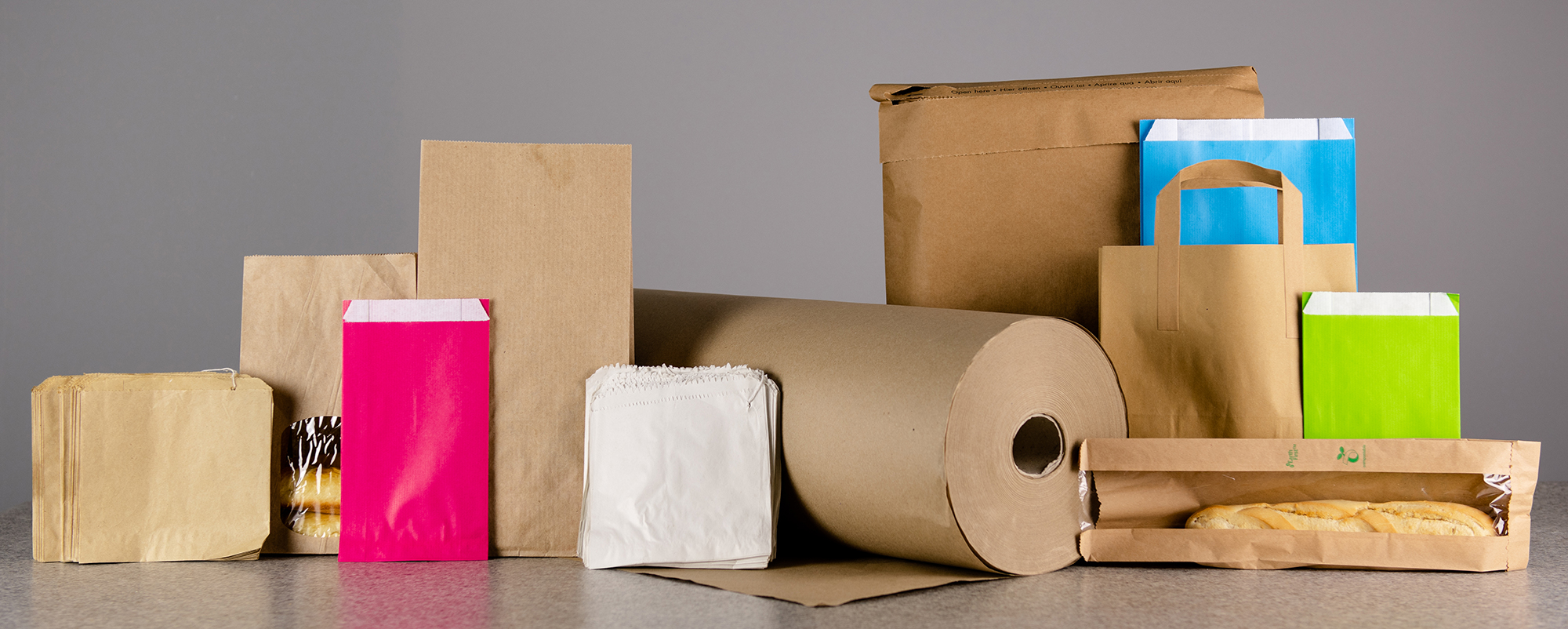
Paper packaging
 At Polybags, we don't just deal in polythene bags. We also stock a wide range of paper products, including carrier bags, mailing bags and a selection of food packaging.
At Polybags, we don't just deal in polythene bags. We also stock a wide range of paper products, including carrier bags, mailing bags and a selection of food packaging.
Paper products are a popular packaging choice when the functional benefits of plastic, such as flexibility, strength and moisture resistance, are not essential.
The most beneficial aspect of using paper products - and the reason why these are featured as eco-packaging - is that paper recycling is widespread and commonplace, so paper packaging is easily disposed of in an eco-friendly manner.
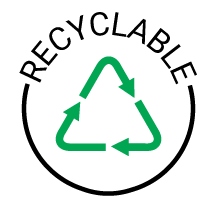 Related to recyclable packaging
Related to recyclable packaging
 Related to recycled content
Related to recycled content
 Buy paper packaging now
Buy paper packaging now
 Related to renewable packaging
Related to renewable packaging
-
 Related to eco-friendly packaging
Related to eco-friendly packaging
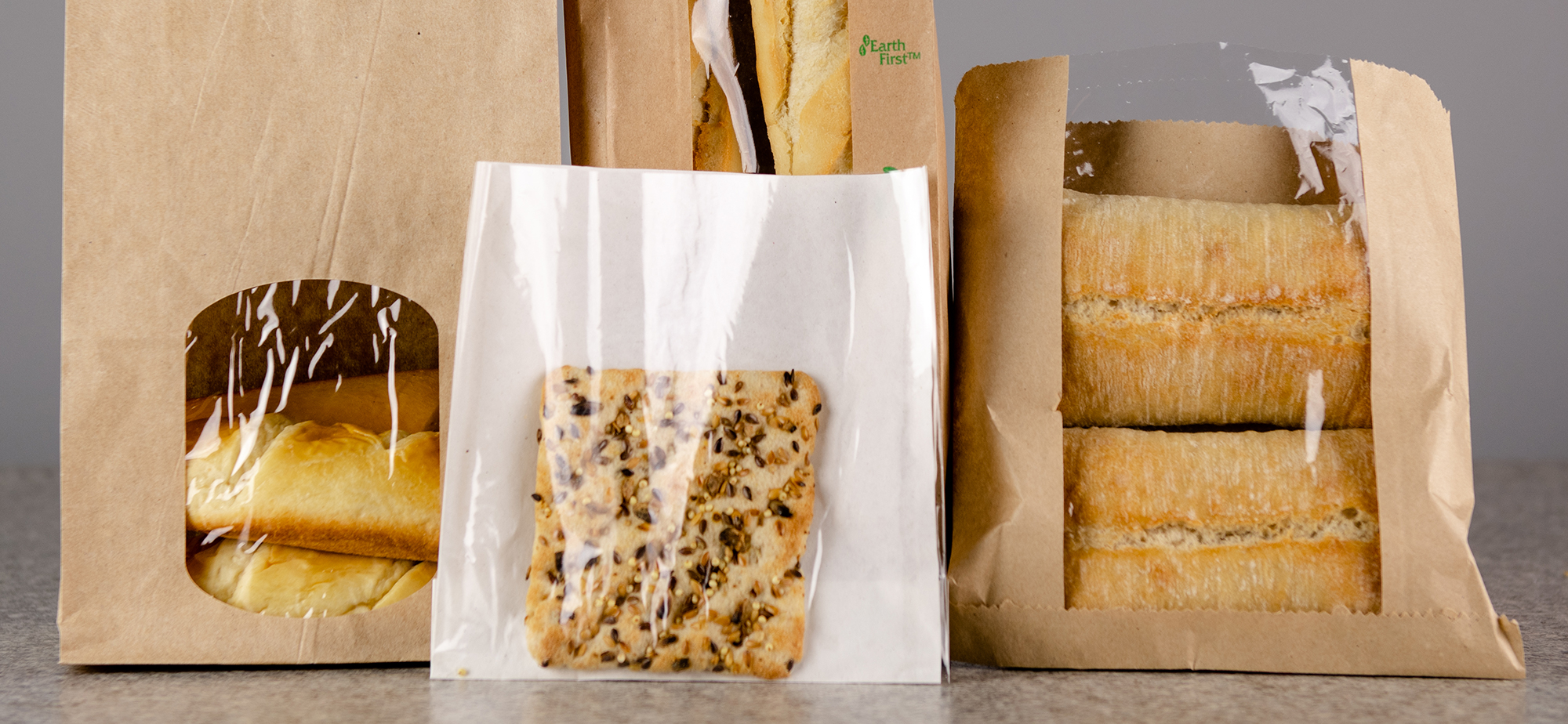
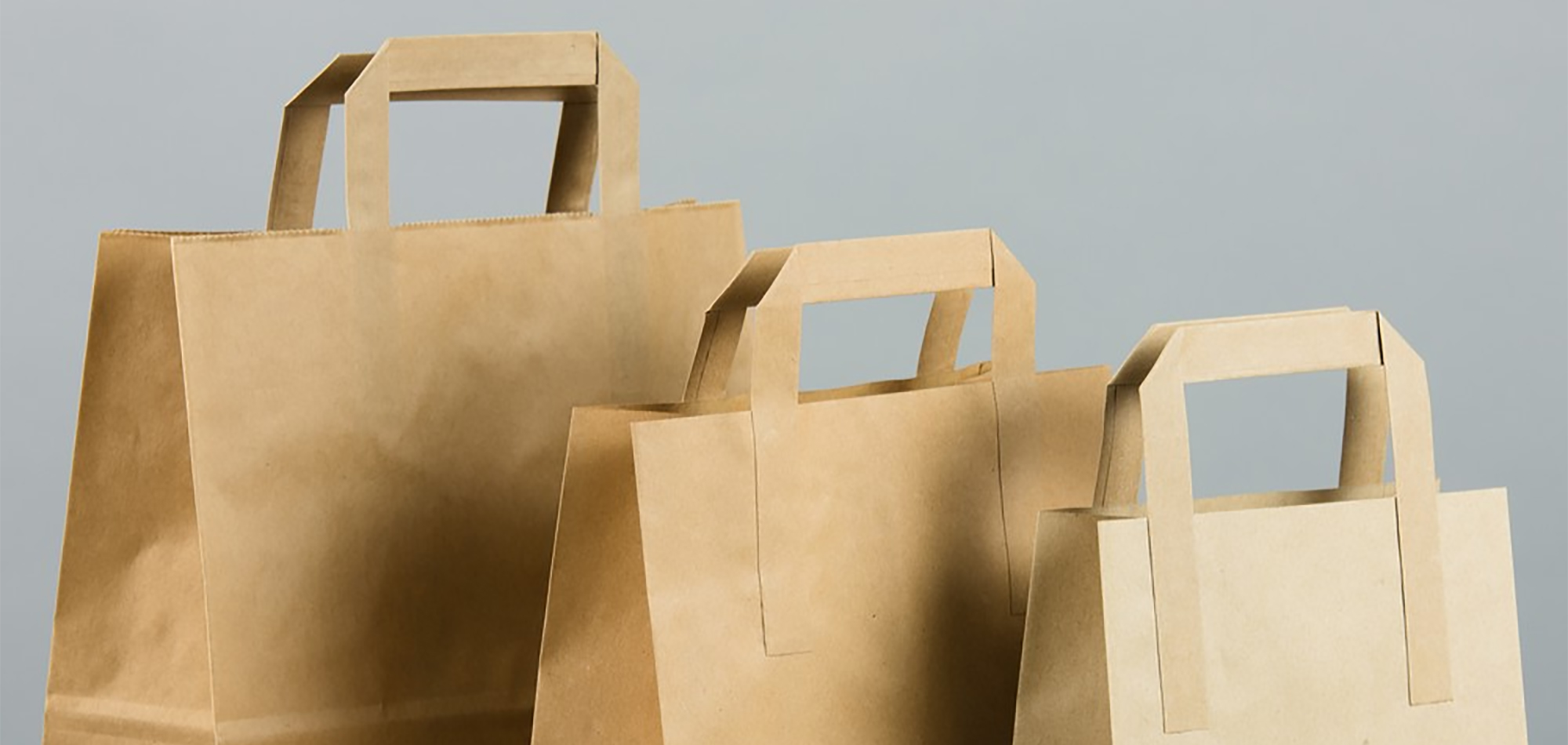
Which are greener: Paper bags or plastic bags?
If environmental concerns are a top priority for you when choosing your packaging, what type of bag will best help you minimise your impact on the natural world: paper bags or plastic bags?
To consider this, let's look at a few key factors around the use of these bags, starting at the very end of their use and a familiar problem to many:
- Litter & pollution
- Climate change
- Potential for reuse
Litter & pollution
When it comes to litter, plastic bags certainly cause more problems to the natural world than their paper counterparts.
Paper bags are more widely recycled and plastic bags - although recyclable - can linger in the natural environment for hundreds of years when not disposed of correctly, whereas paper bags decompose relatively quickly.
However, the question of litter and pollution only focuses on the end of a bag's life-cycle. To assess its true environmental impact, its entire life-cycle must be considered.
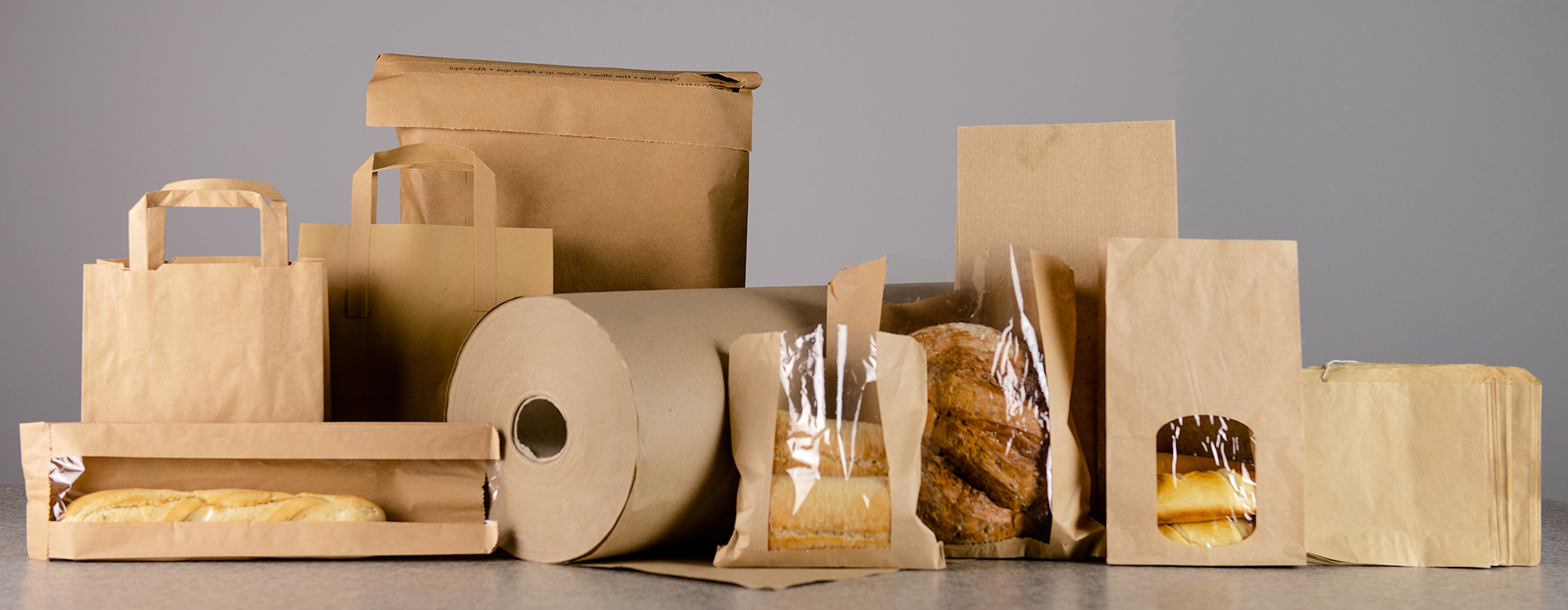
Climate change
When looking at their carbon footprint, paper bags and cotton bags - which are also used as replacements - are much worse for the planet than plastic bags.
Invented in Sweden in 1959, the plastic bag was heralded as an eco-friendly replacement for paper bags, as making them didn't require lots of trees to be chopped down.
Plastic bags require much less energy and water to make than paper bags and, in particular, cotton bags, which means they have a much lower carbon footprint. They are also thinner and lighter so take less fuel to transport around.
According to the UK's Environment Agency, a paper bag would need to be reused at least three times to make it more eco-friendly than a regular plastic bag which is recycled.
Potential for re-use
The plastic bag is waterproof and more durable than a paper bag, so can be reused more readily. It was never designed to be thrown away after a 'single use' - an unhelpful term that has only been coined in recent years.
Cotton bags are more durable than both paper and plastic bags but, as cotton is such an intensive crop to produce and cotton bags require a lot of water to make, they must be used a staggering 131 times to be as eco-friendly as the plastic bag.
The answer: use and reuse
Whatever bags you currently have at home or in the boot of your car, the most eco-friendly thing you can do is use them again. Use them until they wear out and then, if you can't fix them, make sure you recycle them. And remember - there is no such thing as a single-use carrier bag.
If you're buying new bags, the temptation may be to buy paper bags because they are easily recycled and you don't want to add to the world's plastic pollution.
But if you really want to reduce your impact on the environment, remember that plastic bags have a much lower carbon footprint, are more durable and can be used more times than paper bags.
What's more, recycling them is much easier than you think, particularly when you use our handy recycling locator tool to find your nearest plastic bag recycling point.
FREE DELIVERY

230mm wide x 318mm length, 55 micron thickness. (Large Letter A4).
From £16.81 per 200
Bio and 100%-recycled mailing bags in low quantity handypacks.


